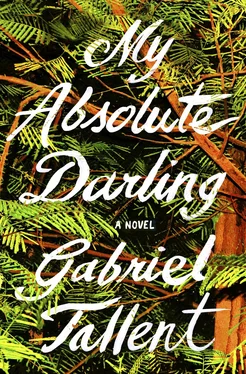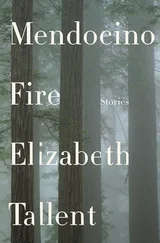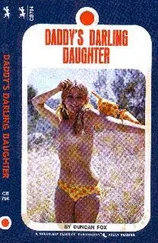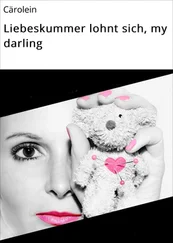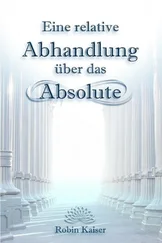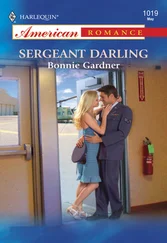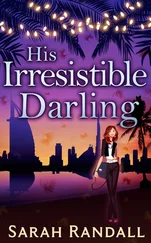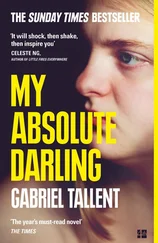He has his arm around her, and his embrace is exceptionally gentle, but Turtle can feel the strength of it. He draws air sharply through his teeth, shaking his head, like he does when something hurts him. He says, “So I went into the house and I got the gun and I walked out onto the porch and I couldn’t see the damn cat.” She sits smelling him, enclosed within his embrace, looking over the fields and thinking about that. Where the field is still healthy, the timothy is all of a height, green and riffled by the wind. The wild oats stand with panicles arched, spikelets stirring. Soon, she knows, the meadow will be overgrown with weeds. She looks down at the decking and notices his boot prints, which are orange and gray clay. She sits looking at that, and then turns her attention to the ash-colored clay on the treads of his boots. There isn’t any clay like that on their property, not that she knows.
He turns her in his lap so he can look at her. He says, “Goddamn it, kibble. I came to the porch and I looked out with the gun and I couldn’t see the cat. It was summer, and all the grass was that yellow color it gets, and the cat was almost that same color. I knew it was out there, but I couldn’t see it in the high grass. I just stood there, kibble, and I knew that the fucking cat was out there, and maybe if I called you that’d set him off, make him chase you. I could see you. You were just crawling around in the grass, and I stood there and I just—I just didn’t know what to do.”
She hangs her arms around his neck and presses her ear against the flannel breast of his shirt. She can feel the stubble of his chin, smell the smoke of the Swisher Sweets, the malty smell of the beer. There is clay on the edge of the stair where he wiped the mud free of the treads of his boots, clay and the small, brittle leaves of huckleberries.
Martin says, “I’m not sure that you understand what I’m trying to tell you, kibble. Because I thought I might lose you. And I didn’t know what to do. I thought—I thought . . . You know what I thought, kibble? I thought that I could never lose you, never let you go. You are mine. But I might not always be there. I might not always be fast enough, or smart enough, kibble. And the world is a bad place. It’s a really fucking bad place.”
“What happened?”
“You stood up,” he says. “You just stood up and you looked out into the grass, holding that goddamn toy in one hand, and I knew that you were looking at the cat, Christ , you must have been looking right at him. I was standing at the edge of the porch, I just couldn’t find him in the grass. It was like he was invisible.” He sucks air through his teeth. Veins stand out on his burnished forearms and snake over the backs of his hands. His knuckles are leathern burls, his fingers are crosshatched with scars. She looks down at the knees of his Levi’s, stained with grease and rust, and she reaches down and picks at a scablike crust of epoxy. There are mud and leaves on the ankles of his Levi’s. Lapped in a fold of denim, the tiny, tight-lipped pink urn and lipstick pedicel of a pygmy manzanita flower.
He says, “Those bastards, they can get so close to the ground and just wait. This motherfucker. I knelt at the edge of the porch and I found you in the scope and I put the reticule right on you. At first, I thought that I could catch him right before he was on you. And then I thought I’d kill you myself rather than let that cat have you. Rather than let you get dragged into the grass and disemboweled. That is what they do. Grasp you with their mouth and their forepaws, and then kick out with their hind paws to disembowel you. And the hell if I was going to let that happen. Put that reticule right on your temple, and it would be over—pffff, and a red mist. Rather than let that cat open you up.”
“Did you see the cat, Daddy?”
“No. You just turned around and walked right up the hill and onto the porch and I knew that the son of a bitch was out there, ready to take you away from me. You came and held on to my pant leg, and I just stood there until you went inside. It got dark and you came out and said you were hungry.”
“Would you really have shot me?”
“You’re my little girl, kibble. You’re everything to your old man, and I will never, ever let you go, but I don’t know. I guess it’s hard to say what’s right.”
“You and me,” Turtle says, “against the world.”
“That’s right,” he says.
“I’m sorry I went off, Daddy.”
“Where’d you go?”
“East,” she says, “east, above the Albion. There are redwoods out there, Daddy.”
He nods and looks east. “There’s growers out there, and I don’t think any of them would ever hurt a child, I don’t think, but they’ve got dogs that would. And, kibble, they’re people, and in the way of people, they’re not all of them good. You be careful. I think it’s better if you don’t ever go away like that again. But we’ll let it go this once.”
“Daddy,” she says, “on a ridge, way over above the Albion, there was a tarantula.”
He holds her for a while. Then he says, “No, kibble, there aren’t any tarantulas over there.”
“No, Daddy, I saw one. It was as big as my hand.”
“You didn’t see no spider like that, kibble.”
“But, Daddy—”
“Kibble,” he says.
“Yes, Daddy.”
They sit there on the Adirondack chair, Turtle in his lap, he holding her, and they watch the clouds come toward them in rows. The setting sun lights a corona of aquamarine and purple ocean. The sea stacks stand in near-black outline. On their whitewashed shoulders, the cormorants wait with their wings outstretched to the setting sun. His biceps are more in span than her hands, thumb to pinkie. The veins that cross them have more breadth than her fingerprints.
She hops off his knees and he rises and looks down at her and a spasm crosses his face. He drops to one knee and takes her into his arms. “Christ,” he says. “Christ. Jesus Christ, kibble. Be careful. Christ, kibble. Christ .” He holds her and she stands there, her waist encircled in his embrace. “How big you’re getting,” he says, “how strong. My absolute darling. My absolute darling.”
“Yes,” she says.
“Just mine?”
“Just yours,” she says, and he crushes the side of his face against her hips, presses it urgently to her, looks up at her, his arms encircle the small of her back.
“You promise?” he says.
“I promise,” she says.
“No one else’s?”
“No one else’s,” she says.
He breathes her scent in deeply, closes his eyes. She allows herself to be held by him. Because he hadn’t found her, she’d thought he hadn’t come looking. She had figured he had just waited for her to return to him. But now she stands encircled by his arms, looking at his muddy boot prints and thinking, you followed me, and you didn’t find me. It has always seemed to her that he could find her anywhere, that he could anticipate her every move better than she herself could. She thinks, it would’ve been better if you’d told me, Daddy, and we’d laughed about it. You could’ve made it a joke. You could’ve said, “how tall and strong you are, how trackless your ways.” She thinks, you should’ve said something, rather than let me look at that mud and guess, let me guess that you came after me and that you didn’t catch me, and so you had to come back here and just wait. She thinks, I would never have thought less of you, if you had just shared that with me.
Sometime in the night, she awakes, and lies silent, chewing on the wadded-up cotton of her sleeping bag. Then she rises and opens the window and steps up into the window frame, the moon shining on her naked limbs. She goes out the window and climbs down the rose canes, thick as knobby wrists, down into the muddy yard, and in the dark she goes out into the weeds. The motion-activated lights come on with a click and she lies there, breathing the wet scent of crushed radish and vanilla grass.
Читать дальше
Конец ознакомительного отрывка
Купить книгу
